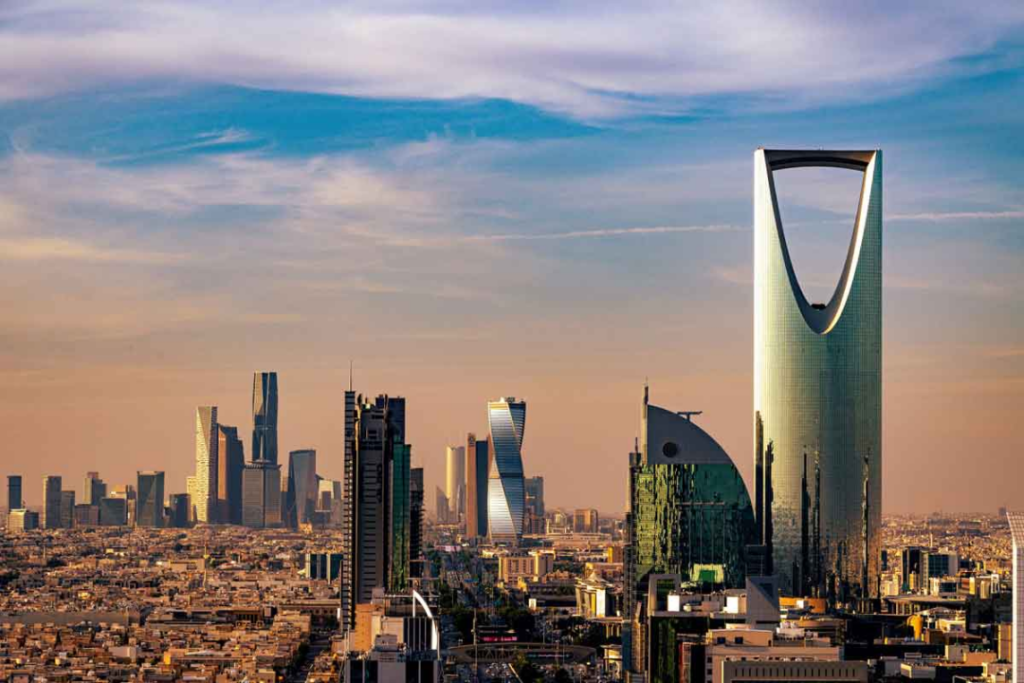The Saudi Arabian Ministry of Investment recently announced that the Saudi Cabinet has approved the newly revised Investment Law. This law aims to consolidate several existing investor rights under a unified legal framework to enhance transparency, flexibility, and investor confidence, thereby attracting more investments. The new Saudi Investment Law will also align with the regulations of the Gulf Cooperation Council, the World Trade Organization, and other bilateral investment agreements to ensure Saudi Arabia remains competitive in the global economy. The law and its implementing regulations will come into effect 180 days after their publication in the Saudi Government Gazette. The Ministry of Investment plans to release more information about the new Investment Law in the coming weeks to help investors and the public better understand the new regulations.

Kearney, a renowned management consulting firm based in Chicago, recently released its 2024 Global Foreign Direct Investment Confidence Index report, which raised Saudi Arabia’s ranking from 24th in 2023 to 14th. The report indicates that nearly 50% of surveyed foreign investors are “more optimistic” about investment prospects in Saudi Arabia. The Saudi newspaper Al-Middle East believes that the increase in foreign direct investment confidence reflects the success of the Saudi government in creating an internationally attractive investment environment.
Saudi Arabia’s economy has long relied on the oil industry. From 2009 to 2014, oil revenue consistently accounted for over 85% of government revenue. Since the introduction of Vision 2030, Saudi Arabia has actively promoted economic diversification, opened doors to foreign investors, and vigorously developed the non-oil economy to reduce dependence on oil revenue. According to data from the Saudi General Authority for Statistics, net foreign direct investment inflows in the fourth quarter of 2023 reached 13.1 billion Saudi Riyals (approximately 3.75 Saudi Riyals per USD), an increase of 16% from the previous quarter. Saudi Arabia aims to attract 100 billion USD in foreign direct investment annually by 2030. Increased foreign direct investment will support the development of emerging industries and key sectors such as artificial intelligence, advanced manufacturing, mining, renewable energy, and tourism.
In recent years, the Saudi government has introduced a series of investment promotion measures, including the formulation of a national investment strategy, the enactment of new laws, and the establishment of special economic zones. Significant investments have been made in infrastructure projects to improve the business environment and enhance investment attraction, yielding notable results. In 2021, Saudi Arabia launched the “Saudi Regional Headquarters Program” to attract more multinational companies to move their regional headquarters to Saudi Arabia, offering a range of tax incentives, including a 30-year exemption from corporate income tax. According to Saudi Investment Minister Khalid Al-Falih, over 400 multinational companies have been granted licenses for regional headquarters in Saudi Arabia, including tech giants such as Amazon, Google, and Microsoft. In May of this year, Goldman Sachs became the first Wall Street bank to establish a regional headquarters in Saudi Arabia.
Saudi Arabia is also actively reforming policies and regulatory frameworks, continuously simplifying procedures and licensing processes for foreign companies establishing businesses in the country, and easing some ownership restrictions for foreign investors. New laws, including the revised Company Law, have been introduced to provide investors with more operational autonomy, enhance management flexibility, and strengthen protection of investor rights. In January of this year, the Saudi government announced the issuance of premium visas to property owners with at least 4 million Saudi Riyals in real estate.
Since 2020, Saudi Arabia has established several economic zones, including King Abdullah Economic City, Jazan Economic City, and Ras Al-Khair Economic City. These zones offer various support measures such as income and value-added tax exemptions, expedited visa processing, and reduced land rents to provide foreign investors with simplified business procedures, tax incentives, and world-class infrastructure, creating a more attractive investment environment.
To meet the demands of the digital era, the Saudi government is also actively enhancing infrastructure and e-government services, such as developing online government platforms, promoting smart city initiatives, and focusing on cybersecurity and data privacy protection to improve business efficiency and transparency. According to the Ministry of Investment, its digital platforms executed over 58,000 transactions in the first quarter of this year, a 29% increase compared to the same period last year.
Khatani, an economic analyst at King Faisal University, stated that with the completion of major infrastructure projects like the Red Sea tourism initiative, Saudi foreign direct investment is expected to exceed 50 billion Saudi Riyals by the fourth quarter of 2026. A report from the international credit rating agency Standard & Poor’s suggests that with increasing investment opportunities and continued improvements in the business environment, Saudi Arabia has significant growth potential for foreign direct investment.





